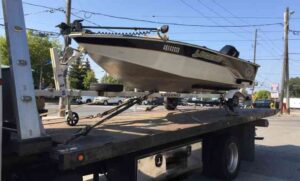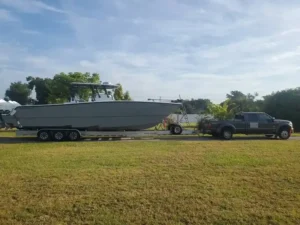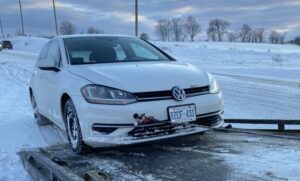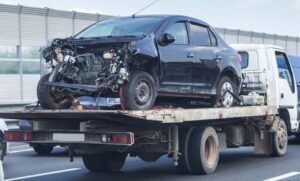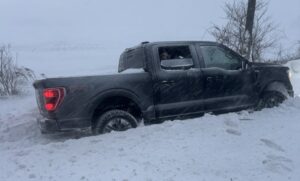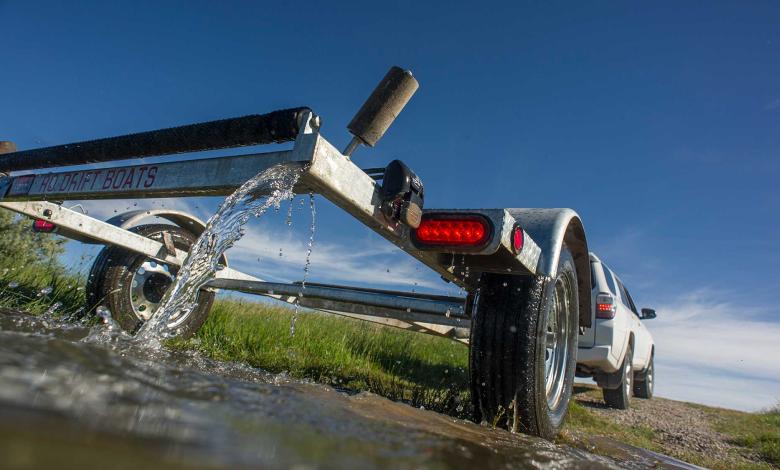For anyone operating a vehicle that utilizes a trailer in Aurora, Ontario, or anywhere else for that matter, the functionality of your trailer lights isn’t just a convenience—it’s a critical safety and legal requirement. A broken or malfunctioning light system puts you and other drivers at risk, and can certainly lead to unwanted attention from law enforcement. At Pars Towing, we see firsthand how often a simple trailer light problem can lead to a roadside call. Understanding the most common issues and their solutions can save you time, money, and hassle.
The Anatomy of a Trailer Light Problem
A trailer’s lighting system relies on a continuous electrical circuit, starting from your tow vehicle’s battery, running through the main wiring harness, connecting via a plug, and finally powering the lamps on the trailer. A failure at any point along this circuit results in a trailer light problem. These problems rarely fix themselves, and ignoring them is never advisable. The three main categories of issues are: connection failures, wiring faults, and actual lamp/bulb failures.
- Learn More >>>>Boat and trailer towing service
Connection Failures: The Plug and Socket
The most frequent source of a trailer light problem originates at the point where the tow vehicle meets the trailer: the electrical connector plug and socket.
1. Corrosion and Dirt in the Plug
Trailer plugs are exposed to all of Ontario’s weather—road salt, rain, snow, and mud. Over time, the metal pins inside the plug or the female terminals in the socket become coated in grime and corrosion, which is a poor conductor of electricity. This leads to intermittent or complete signal failure. For example, your brake lights might work, but your turn signals won’t.
Solution: Always disconnect the power before cleaning. Use a specific electrical contact cleaner spray and a small wire brush or pick to gently clean the pins and terminals. A light coat of dielectric grease on the pins before plugging it back in will help prevent future moisture-related trailer light problem occurrences.
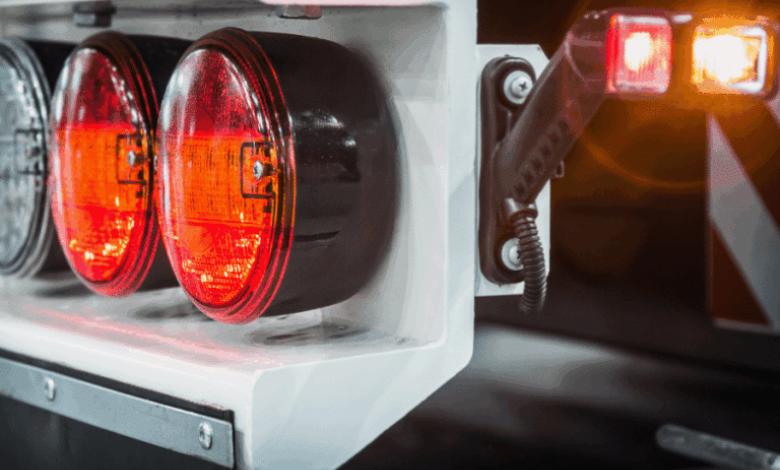
2. Loose or Incorrectly Seated Plug
The connection may look secure, but if the plug isn’t fully pushed in and locked, the pins won’t make solid contact. This is particularly common after quick stops or bumps during travel.
Solution: Always double-check that the plug is fully seated and that the retaining clip (if your system has one) is engaged. A gentle tug on the cable should confirm it’s locked into place.
- Learn More >>>>trailer laws
Wiring Faults: The Hidden Culprit
Wiring issues often present the most confusing type of trailer light problem because the failure is hidden from view.
3. Ground Wire Disconnection (The Most Common Issue)
A working electrical circuit needs a complete loop, which means current must flow from the power source and back to the power source via the ground wire. On trailers, the ground wire is typically attached to the trailer’s metal frame. When this connection point rusts, loosens, or gets caked with road debris, the lights will often behave erratically—all lights dimming, or turn signals flashing the wrong lights.
Solution: Locate the ground wire connection point on the trailer’s frame. This is usually a white wire bolted to the frame. Disconnect it, clean any rust or paint off the frame and the wire’s terminal using sandpaper or a wire brush, and re-bolt it tightly. A clean, metal-to-metal connection is essential for a working, safe towing service operation.
4. Frayed or Pinched Wires
Trailer wiring can be vulnerable to damage from road debris, scraping on the pavement, or being pinched in the folding mechanisms of boat or utility trailers. A short circuit—where a power wire touches the metal frame—will blow a fuse in the tow vehicle, causing a sudden and complete trailer light problem.
Solution: Visually inspect the entire length of the wiring harness for nicks, cracks, or chafing. Use electrical tape or heat-shrink tubing to repair minor damage. If a fuse has blown in your tow vehicle (check your owner’s manual for the specific trailer light fuse location), replace it only after repairing the wire, otherwise the new fuse will blow immediately.
- Learn More >>>>The Ultimate Guide to Safe Horse on Trailer Ride
Lamp and Bulb Failures: The Simple Fixes
Sometimes, the trailer light problem is exactly where you think it is: inside the light housing itself.
5. Blown or Faulty Bulbs
Like any other bulb, trailer bulbs have a limited lifespan and can burn out from vibration or age. Sometimes the bulb looks fine, but the small metal contact point at the base of the bulb is corroded or bent.
Solution: Remove the lens cover and gently wiggle the bulb to see if it turns on. If not, replace the bulb. When installing a new bulb, apply a small amount of dielectric grease to the base contacts. If you have an LED light system, the fix is usually replacing the entire light unit, as the individual LEDs are not typically replaceable.
6. Water in the Light Housing
Even “waterproof” trailer lights can fail. If the lens or gasket is cracked, water can seep into the housing, causing corrosion on the bulb socket contacts and leading to a failure.
Solution: Remove the lens and dry out the interior. Replace any damaged gaskets or cracked lenses. For a temporary fix, you can use a clear silicone sealant around the edges of the lens to prevent further water ingress, but a safe towing service approach means replacing the defective unit completely.
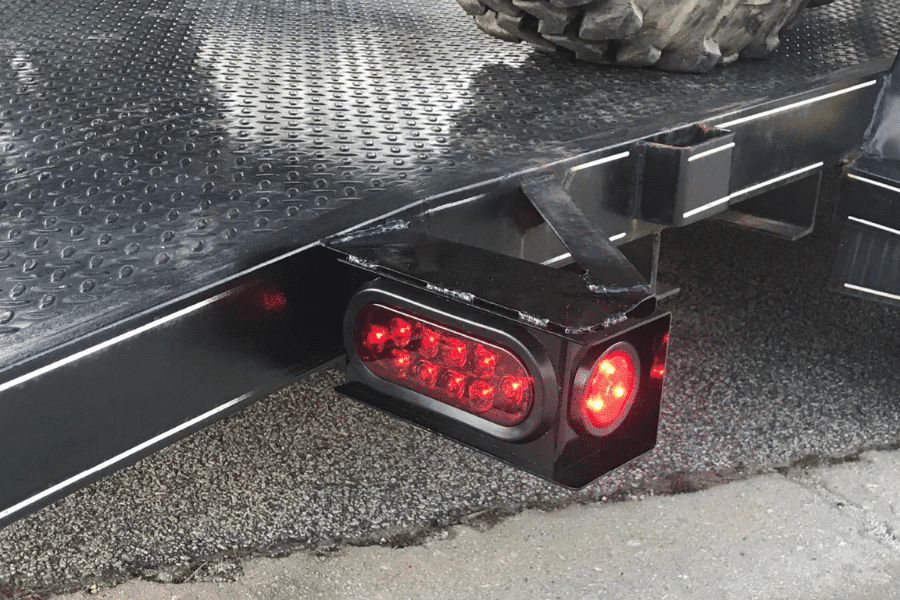
- Learn More >>>>Can Towing Ruin the Transmission?
When to Call Pars Towing
While many trailer light problem issues are DIY fixes, some situations warrant professional assistance. If you have checked the ground, cleaned the plug, replaced the fuse, and still have a persistent issue, the problem may be deeper. It could be a fault in your tow vehicle’s internal wiring harness, or a complex wiring short that requires advanced diagnostic tools.
Operating in the Aurora area, Pars Towing is available 24/7 to provide a safe towing service when your own troubleshooting efforts fall short. Whether you are stranded with an illegal lighting setup or need to transport a vehicle that has complex electrical recovery needs, you can count on our experienced team. Don’t risk a ticket or, worse, an accident. Prioritize safety, keep your lights working, and always remember the importance of a properly executed safe towing service.

